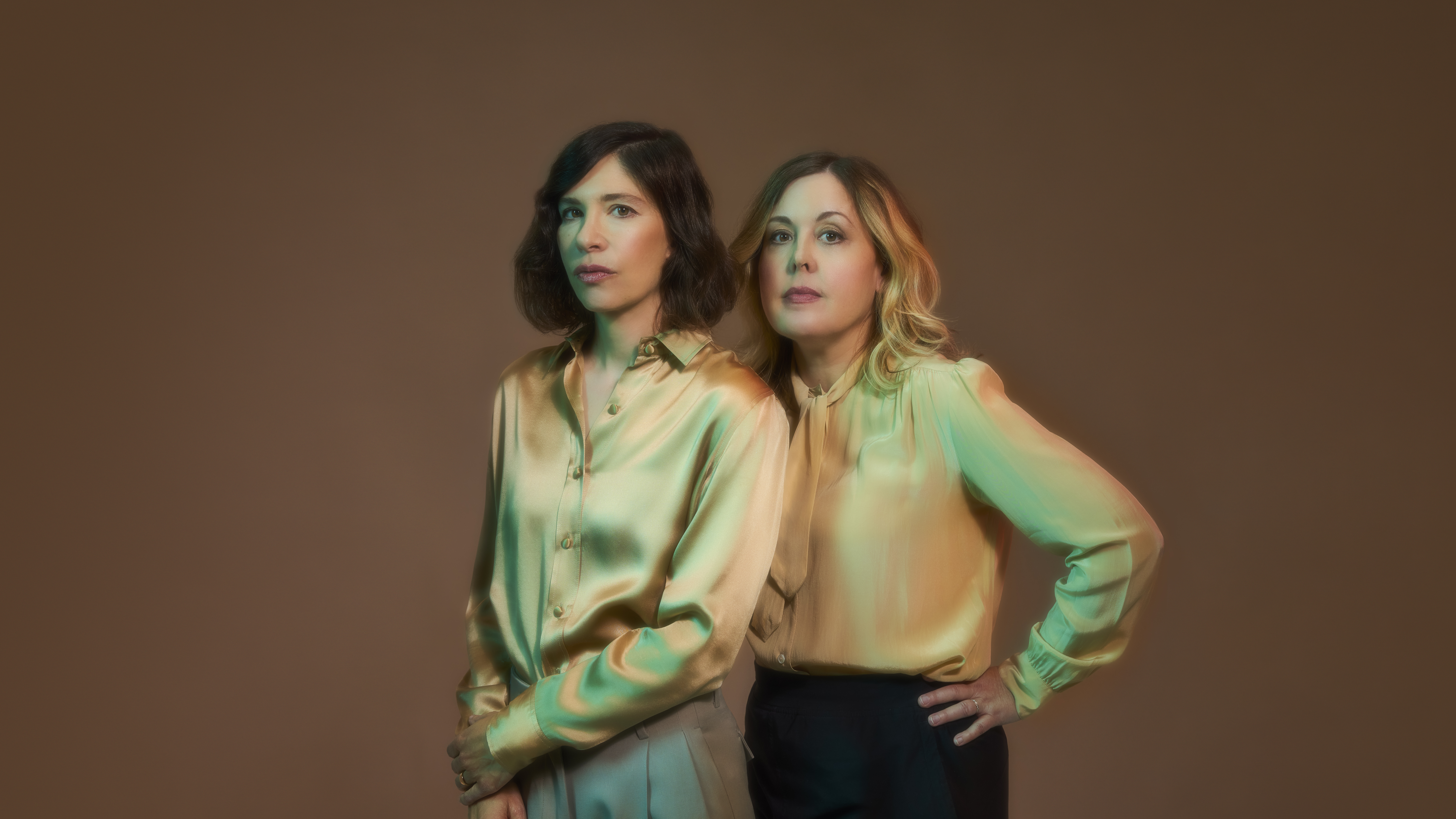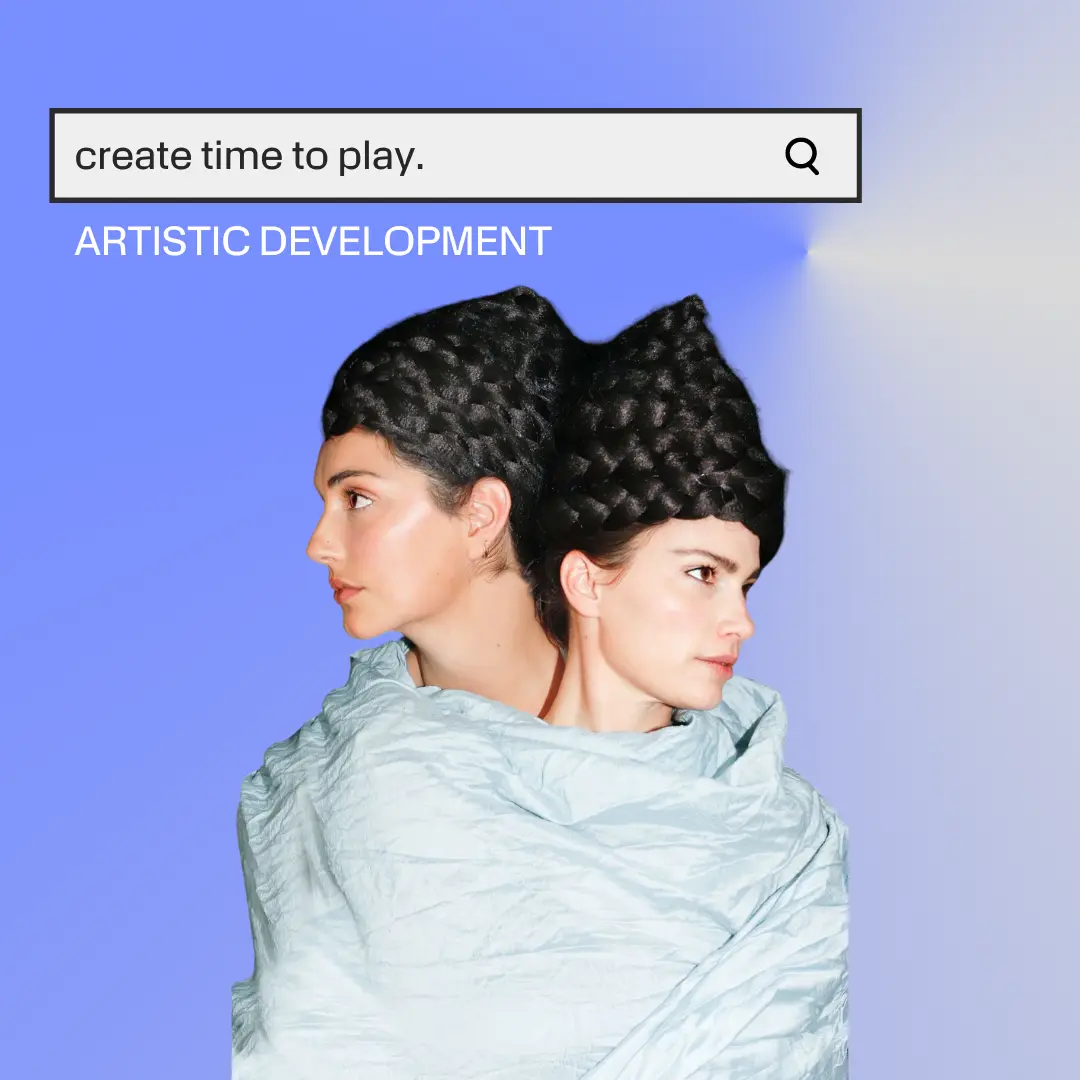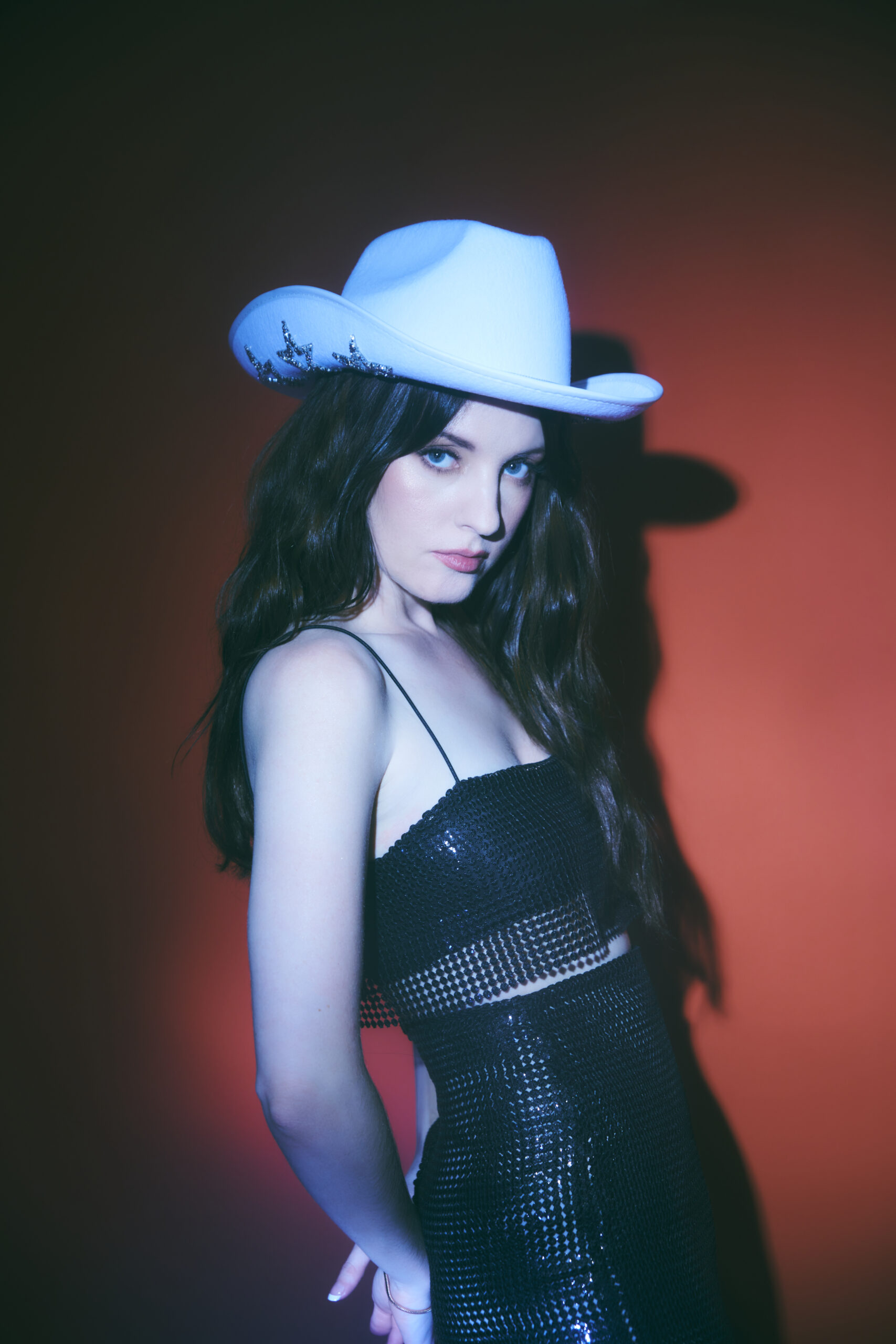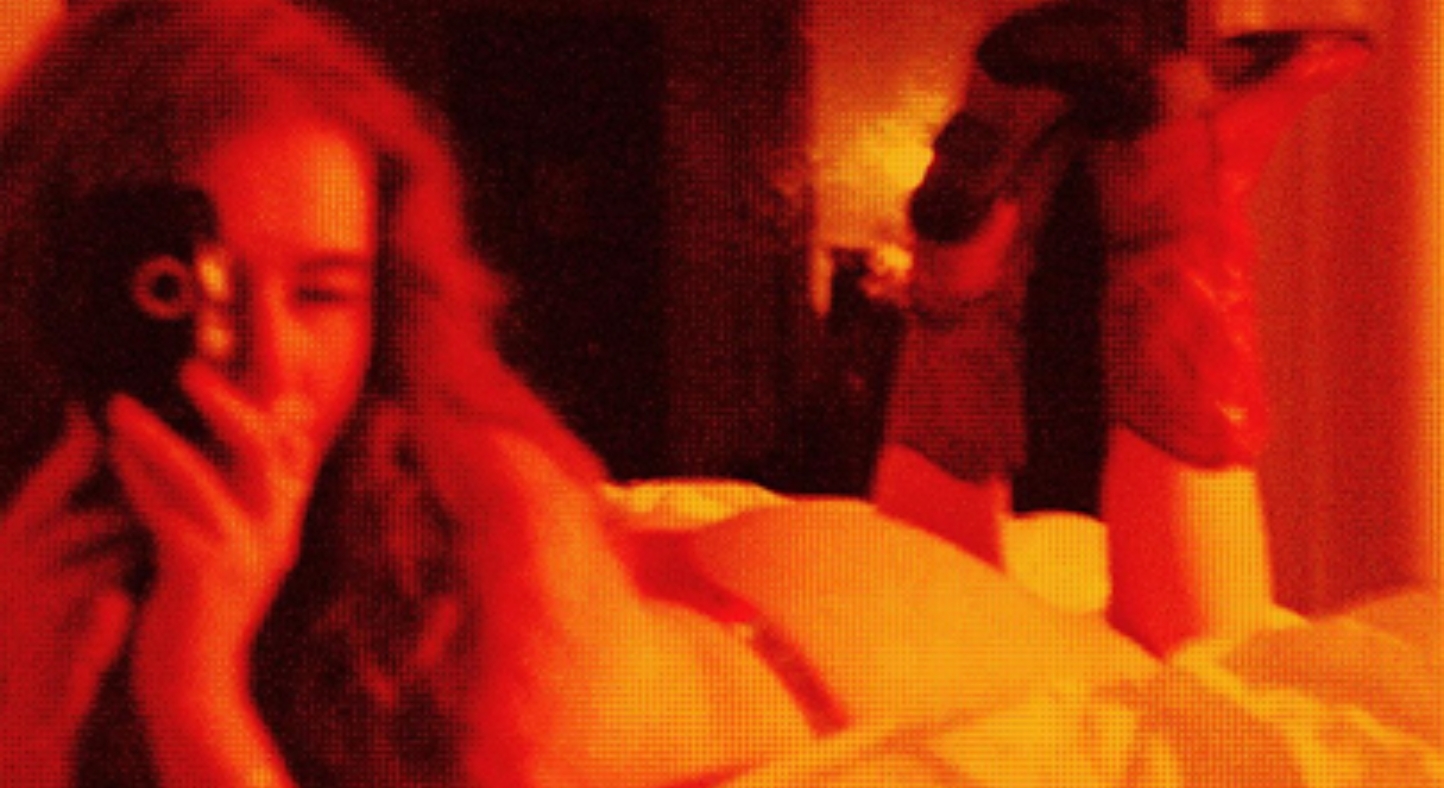Letting go of a ‘Little Rope’ with Sleater-Kinney
Embark on Sleater-Kinney’s timeless musical journey with Corin Tucker and Carrie Brownstein, pioneers of feminist punk rock since the 90s.
Corin Tucker and Carrie Brownstein, the forces behind the legendary Sleater-Kinney, boast a musical journey that challenges the constraints of time. Emerging during the riot grrrl wave of the 90s, their approach to both sound and lyricism has been determined and unapologetic, solidifying Sleater-Kinney as torchbearers for feminist punk rock across nearly three decades.
As their eagerly awaited 13th album, “Little Rope,” makes its way to our ears, it marks a continuation of the band’s masterful curation, emphasising both form and substance over pace. No two albums ever ring the same. In this album, profound reflections on a world entrenched in perpetual crisis and an intimate knowing of grief fall together, presenting Sleater-Kinney’s most introspective and meticulously crafted work to date.
From Portland, VOID had the privilege of delving into the minds of Carrie Brownstein and Corin Tucker, where they reflected on the changing tides they’ve navigated with finesse to sustain successes in their career and relationship.

It would be deeply inappropriate to not acknowledge the time and context of where we are collectively. How are you finding yourself in the noise of everything that’s going on at the moment?
Corin
Yeah, I think it’s obviously a really difficult and sad time in the world. Our thoughts are with everyone that’s affected by war. Obviously, it’s very distressing what’s going on, and we wish it wasn’t.
Carrie
Yeah, I mean, we appreciate being asked, but also, I would hate to privilege our own feelings over the people that are actually truly suffering from terror and injustice and war and genocide and oppression. So it’s good to be asked, but it’s also we’re not the ones hurting right now.
Sleater Kinney came out of the riot grrl era- a time that had a strong activist core. As a band that has survived changing cultural tides, do you find your voice has changed since the birth of the band?
Corin
Well I think that we care deeply about politics and what’s going on in the world, and especially in our own country. But, I think as artists, as Carrie was saying, we have a limited role to play.
In terms of being part of a very privileged music community, what we try to do when we see an opportunity, is to do something good with our music. I think there are ways that are obvious for us to be thoughtful about how we do things. But I don’t necessarily see music as always the right place to comment from our perspective on world events.
Do you feel like you’ve always felt like that? Or is that something that’s come with time in the industry?
Carrie
No, I mean, we will speak our minds as we see fit. But I think in terms of acts of resistance, there are many. There’s a writer, Fred Moton, and he talks about the way that resistance has a body. You have a whole system, and not every role is the heart of resistance. Not everybody is the brain of resistance. Art can occupy and soundtrack resistance. It can fuel it. It can make people come together, or it can just distract people and make people happy or dance.
I think what Corin is saying is like, personally, we have our own politics, but the role of Sleater-Kinney is to make good music. No one would care about Sleater-Kinney if we made bad records. You wouldn’t even be asking about our politics if you didn’t like our music. So our role as a band is to be authentic to ourselves, to write songs that are meaningful, to continue to exist in the world in a way that’s honest and to put as much integrity as we can into our music and into the decisions we make. But that has to begin with a good song or a good album.
And then from there, we can bring people together in a moment and share human experiences. But we have to keep that as the core of this band because otherwise the rest of it doesn’t really matter if we aren’t still relevant. We can still donate money and do all this other stuff. But our mission is to stay in the conversation because we’re making really good music.
Art can occupy and soundtrack resistance. It can fuel it. It can make people come together, or it can just distract people and make them happy or dance.
Carrie Brownstein on music as protest
With your new album, Little Rope, coming up and the latest releases Hell and Say It Like You Mean It, what are you most excited for?
Corin
I think that we’re excited about getting to play the music live. We’re about to go over to England and play some shows there and connect with audiences. It’s been really limited in the past few years. Obviously, with the pandemic, there were very restricted times we could play shows, and everything has been affected by it. We’re excited to get out in the world and play music for people.
Carrie
I think this is a powerful record, and we’ve appreciated the early response to Hell whether it’s from our fans or our friends or critics, and we are excited for people to listen to it in its entirety. But I think to echo what Corin’s saying, when we get on stage, that’s where it becomes bigger than us. It becomes about that communion with other people, about something that’s unexpected and spontaneous. I think certainly after the record actually comes out, then that’s what we look towards as really the benefit of continuing to put out music is that we can then meet people where they’re at both physically and metaphysically.
You’ve been performing for quite a while, and it’s indicative of something omnipresent in your music, something that can endure various cultural shifts and paradigms. Can you pinpoint how the atmosphere and landscape of live performances has evolved since you started?
Carrie
I mean, all live shows, I think, are… I mean, the beauty of them is they can only be reckoned with in the here and now. They’re mirrors of whatever time we’re living in. There’s some difference, but also things stay the same. I mean, what’s been lovely is we’ve always had young fans. When we were young, we had old fans. We had people in the front who are our age. Then we also had rock critics and their followers who were 45-year-old guys in our audience. We were like, What are these old guys doing here? But we were so grateful. We were like, Wow, this is so cool. Then now we’re in the older range, and then we see people who are 16 or 20 years old in the audience. Actually, we’re the ones that change, and the audience stays the same wide range of people, which is really lovely because you want new fans and then you want to retain older fans. That’s always a good test of a record: are there young people in the crowd? And are there new people of all ages and demographics in the crowd? That’s when you know you’re doing something right. In that sense, it’s the same. We’ve just changed.
It’s almost as if you’ve gone through this rite of passage, like you’ve initiated into the next space of your artistic career and also into a recognised space of higher wisdom as a human. When you go into creation mode, especially when you go into writing sessions, how does that identity progression affect your process?
Corin
I think that we pay a lot of attention now to crafting a really good song, and we have more patience to do that. It’s maybe getting a bit of inspiration, but then reworking things until we feel like it’s the absolute best version of that song. I think that giving oneself the time, putting in the work and having more discipline about it, it’s really helpful, and I think that’s something that we’re conscious of.
Carrie
Yeah. I mean, when you’re young and you’re making your first couple of albums, you’re pulling from your whole life. It’s all the things you’ve been mulling over and grappling with as an adolescent. It’s like you have this well of inspiration that you haven’t been able to channel into this specific medium. Often those songs come very quickly.
We put out three records in a span of basically three years, self-titled {Sleater-Kinney}, Call the Doctor, Dig Me Out. It was like ’95, ’96, ’97. And then two years later, we made The Hot Rock. It’s often first idea, best idea. But at a certain point, if you want to have longevity, if you want to continue, if you want to push yourself as an artist, you have to pause and assess like, What do I want to write about? How do I do something different? We can’t just make the same record.
That contemplation and changing of methodology, and finding broader spheres of influence or pulling from something internal that you weren’t pulling from before and employing editing in terms of just sitting and grappling with a chorus until you get the right melody instead of just assuming that the first melody is the perfect one.
I think that’s something that we have utilized honestly for a long time. But certainly when we came back from hiatus with No Cities to Love in 2015, we knew that we couldn’t just look backwards, that we didn’t want to recreate any of our earlier records, and we really approached that differently. I think like Corin said, it’s just about wanting each album to be a different story, to be a progression, to not divorce itself from the past, but to also be a step forward in some way. That does take more deliberation and intention than you might apply to your first couple of records where you’re just plugging in and playing and it’s all coming forth. But you can’t do that forever.
That’s really beautiful. How have you both as individuals contributed to the cohesion of your creative relationship? More specifically, how do you avoid conflicts becoming separative moments?
Corin
Obviously, as you get older, you work on your communication skills. I think that we try to talk things through. We usually agree on a lot of things, and if we don’t, we discuss it. It’s not easy, but sometimes you have to dig in and really keep working on that relationship that’s important to you.
Carrie
Yeah, you have to know what to protect. I think Corin and I have learned to protect what it is we love about each other and what we love about this band and to let the other stuff go. We can get into conversations- I wouldn’t even say arguments – where we can have discussions and disagreements, but never at the expense of the bigger picture. Never at the expense of our friendship and never at the expense of what’s important to us in this band. We just learned that that’s not worth it. It’s not worth hurting one another or breaking up the band. We nurture those things. But it’s a long relationship. It’s probably one of the longest relationships either of us have ever had. It might actually be the longest relationship either of us have ever been in. It’s 30 years. Just barely beating out Corin’s marriage to her husband.
I mean, it’s definitely a hope and goal of many to have friendships that grow to that mass and span and have as much to show as your friendship does. It’s a testament to your authenticity. Is there anything that you would go back and say to your younger self?
Carrie
Oh, what would I say to my younger self? I don’t know. This is not exactly answering your question, but we’ve been archiving. We have this archive of photos, and I’ve been looking at it. And I can tell that there’s photos in there that I didn’t want people to see before because I look really goofy. And I think I would tell my younger self, you are a goof. You are very silly, and this is something that will keep you young and feeling youthful, and feeling optimistic, and porous, and imaginative, and to not try to hide or downplay that silliness. I think I might have been a little bit, not ashamed, but I was hoping I would be coming across a little cooler, and I didn’t, and that’s fine.
I love that.
Carrie
Do you have anything, Corin?
Corin
I mean, it’s hard because I probably would say to myself, part of me would say, You don’t have to be quite so stubborn. But I’m not sure that I would have gotten through everything if I hadn’t been so stubborn and strong-willed. I’m not sure I would have kept making music through all the different things if I just wasn’t such a stubborn personality. I hope I’m a bit more of a listener now. I might say work on your listening skills a little bit.
Carrie
I feel like you can’t tell your younger self to not be stubborn because your stubborn younger self would be like, fuck off.





















